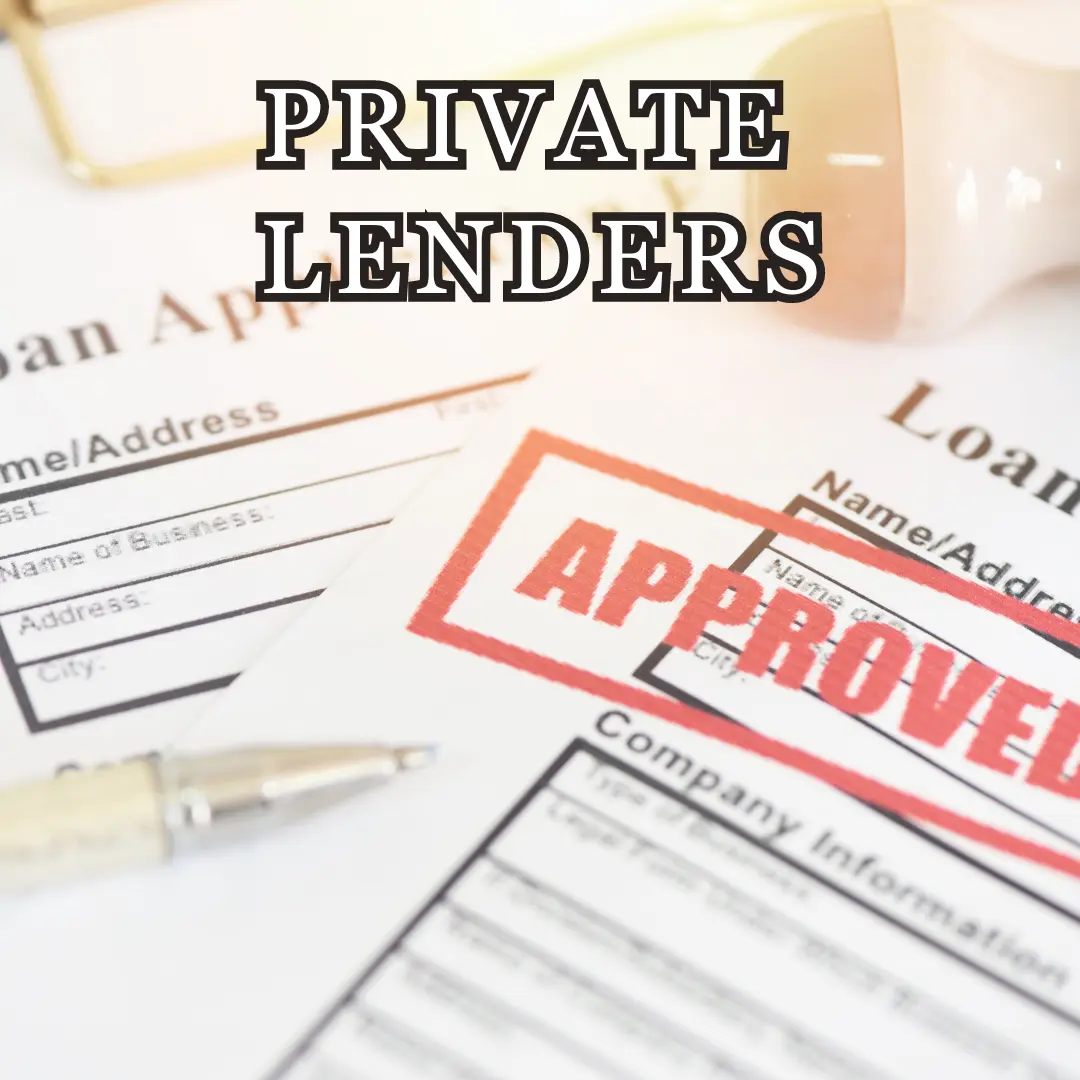How It Functions: A Comprehensive Overview to Mortgage Lending for First-Time Customers
Maneuvering the world of mortgage lending can be daunting for first-time customers. Understanding the essential components like principal, passion, and deposits is essential. Additionally, recognizing the different sorts of mortgage fundings and the application procedure can considerably affect one's experience. By checking out essential elements that influence rates of interest, customers may reveal valuable understandings. What else should they take into consideration prior to making such a considerable economic dedication?
Recognizing Mortgage Fundamentals
When first-time customers get in the domain of homeownership, comprehending mortgage basics comes to be critical for making educated decisions. A home mortgage is fundamentally a loan safeguarded by the home being purchased, allowing people to purchase a home without paying the full price upfront. Customers need to know essential parts, including principal, interest, tax obligations, and insurance coverage, frequently summed up as PITI. The principal is the amount obtained, while passion is the expense of loaning that amount, shared as a percentage. Tax obligations and insurance are added costs that can considerably influence monthly settlements. Customers must also take into consideration the funding term, typically 15 or thirty years, which affects repayment quantities and overall rate of interest paid. Recognizing credit score scores is important, as they influence car loan qualification and passion rates. Understanding these essential concepts equips newbie customers to browse the mortgage landscape with confidence and make choices that line up with their monetary goals.
Sorts Of Mortgage Loan
When thinking about mortgage options, newbie buyers often experience two primary types: fixed-rate and variable-rate mortgages. Fixed-rate home mortgages offer stability with regular payments over the funding's term, while adjustable-rate home mortgages can offer lower initial prices that might change gradually. Understanding these differences is vital for making a notified decision.
Fixed-Rate Home loans
Fixed-rate mortgages offer stability and predictability for novice property buyers navigating the complexities of home financing. With a fixed-rate mortgage, the rates of interest continues to be consistent throughout the loan term, normally ranging from 15 to 30 years. This regular price allows customers to prepare their budget plans efficiently, knowing that their month-to-month settlements will not vary. First-time customers profit from this structure as it removes unpredictability in long-lasting economic commitments. Additionally, fixed-rate home loans typically include lower preliminary rates contrasted to adjustable-rate choices, making them an attractive selection for those wanting to establish home equity gradually. In general, fixed-rate home mortgages use a simple path to homeownership, perfect for individuals looking for lasting financial protection.
Adjustable-Rate Mortgages
For novice buyers looking for adaptability, adjustable-rate home loans (ARMs) can give an attractive choice to fixed-rate loans. ARMs normally offer lower preliminary rate of interest, making month-to-month settlements more economical in the very early years. These prices change after an initial fixed period, which can lead to boosted repayments over time. Consumers should understand the index and margin that identify future rate modifications. Frequently, ARMs have modification periods of one, three, or five years, with periodic caps to limit how much rates can increase at each adjustment. While ARMs can be helpful for those intending to market or re-finance before the rate adjusts, they also lug threats if market problems alter significantly. Thorough study is essential for notified decision-making.
The Mortgage Application Process

Secret Aspects Influencing Rate Of Interest

Deposits and Closing Costs
Comprehending down repayments and shutting prices is vital for newbie homebuyers, as these expenditures considerably influence the total price of a home mortgage. A down settlement is the initial amount paid towards the home's purchase rate, generally revealed as a portion. It can range from as reduced as 3% to 20% or even more, relying on the lending kind and lending institution requirements. A larger deposit can lower month-to-month mortgage payments and eliminate private mortgage insurance policy (PMI), which protects lending institutions in case of default.Closing costs, on the other hand, include various fees sustained during the home-buying procedure. These might include loan source charges, appraisal fees, title insurance, and lawyer costs, generally amounting to 2% to 5% of the home's purchase rate. Novice buyers ought to allocate both deposits and closing expenses to ensure they can protect their mortgage and efficiently browse the home-buying procedure.
Tips for First-Time Homebuyers
What necessary suggestions can new property buyers follow to browse the frequently difficult process of purchasing a home? Initially, setting a practical budget plan is essential. Buyers need to evaluate their financial scenario, including revenue, costs, and possible mortgage payments. Next off, obtaining pre-approval for a home mortgage can give quality on what one can pay for and reinforce their position when making an offer.Researching communities is just as essential; buyers must think about aspects such as amenities, institutions, and future developments. In addition, it is advisable to deal with a qualified property representative who can use beneficial understandings and support throughout the purchasing process.Home examinations should not be ignored, as they can discover covert concerns that might impact long-term complete satisfaction. Finally, purchasers need to continue to be client and adaptable, understanding that locating the right home may take some time. By following these pointers, new buyers can come close to the market with confidence and expertise.
Regularly Asked Concerns
What Papers Are Required for Mortgage Pre-Approval?
For mortgage pre-approval, individuals commonly require to supply income confirmation, work background, credit reports, income tax return, financial institution declarations, and details of any kind of financial debts (Private Mortgage Lenders Savannah GA). These documents aid lending institutions evaluate read this article financial capacity and figure out funding eligibility
Can I Get a Mortgage With Bad Credit Scores?

Lots of lenders think about candidates with bad credit, though terms may differ. Greater rates of interest or bigger deposits can be called for. Checking out alternatives with specialized lenders or government programs can likewise improve possibilities for approval.
For how long Does the Mortgage Authorization Process Take?
The mortgage authorization process generally takes between 30 to 45 days. Aspects affecting this timeline include the lending institution's efficiency, the customer's monetary documents, and the intricacy of the lending application. Delays might occur because of extra demands.
What Occurs if I Miss a Mortgage Payment?
If a mortgage payment is missed, late fees might be sustained, and credit history can experience. Prolonged non-payment may lead to foreclosure proceedings, motivating the loan provider to reclaim the home after a series of warnings.
Can I Refinance My Mortgage Later On?
Re-financing a home loan later is usually feasible, allowing property owners to change their finance terms, rates of interest, or regular monthly payments. Eligibility depends on credit ratings, existing market problems, and the existing mortgage's terms.